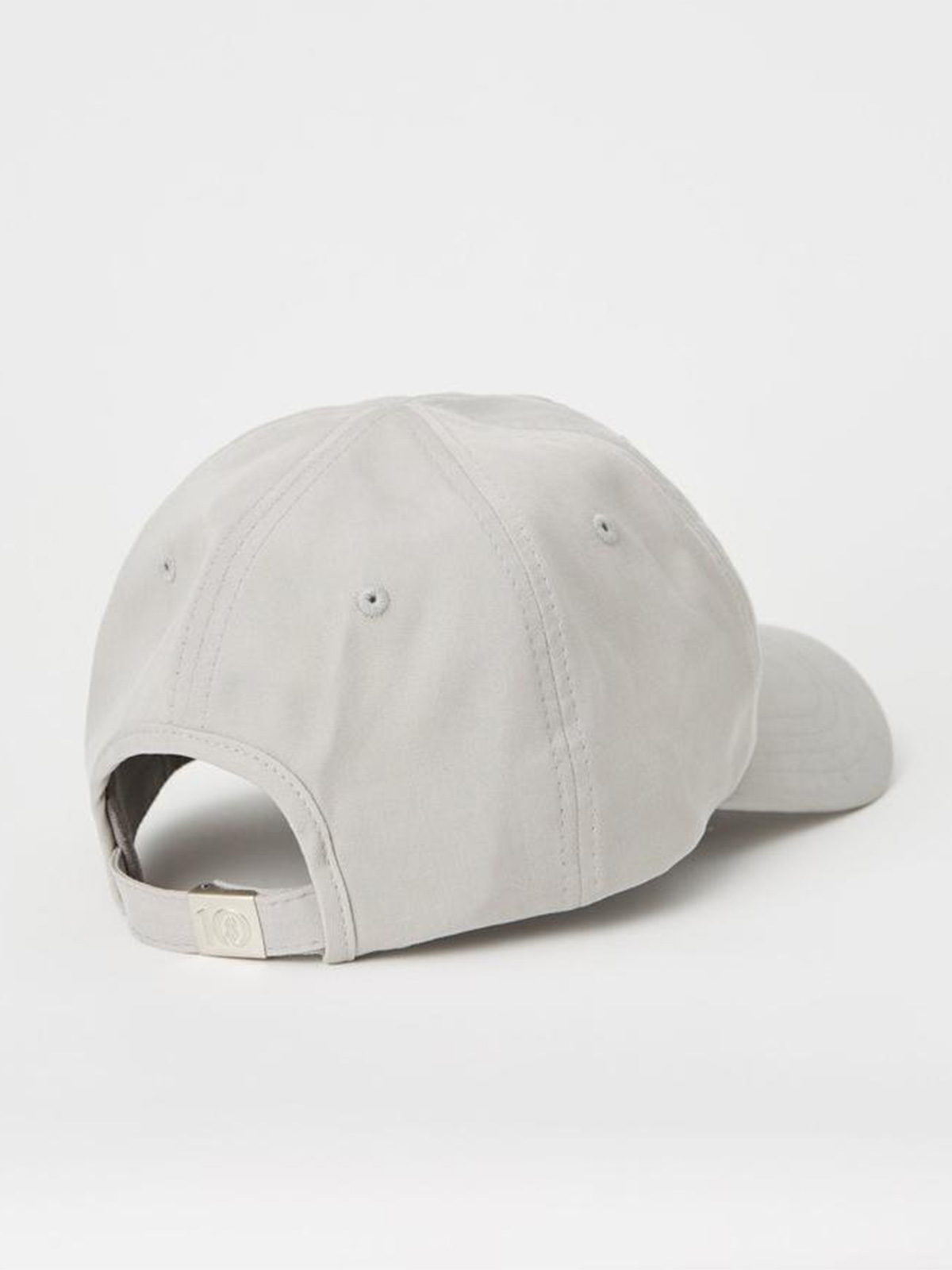By now we are well across all the many environmental and social ills that the developed world’s collective addiction to cheap, trendy fast fashion is fuelling. We know about the climate impacts, the human rights abuses, the pollution, the waste and the animal cruelty. But it doesn’t stop there. Here are three more good reasons to ditch fast fashion to add to protecting the environment, garment workers and our furry friends.
1. Fast Fashion Is Boring
Long ago, in the 20th Century, fashion defined eras, people and places. Clothing reflected culture, politics, music and the economy. It was clothing with context. We can look at a photograph from the 1940s, 1960s or 1980s and what people are wearing will tell us immediately when it was taken and what kinds of lives they were living.
Nowadays, trends come and go so fast that we barely have time to pull up our bell bottoms before they’re passe again. Fast Fashion has disrupted the role clothing plays in our lives. Instead of wearing clothes that are a reflection of who we are, we simply reflect what’s in stock at the big fast fashion brands. These brands recycle ideas at breakneck speed and then flirt with poverty chic and cultural appropriation in the desperate search for something new and authentic.
Frankly, buying new clothes because Instagram/magazines/retailers tell us they’re trendy, is quite boring. Ditching fast fashion means giving ourselves a chance to develop our own personal styles. Who are we? Where is our tribe? How do we want the world to see us? There is so much joy to be had in developing our own look as a source of self expression. Ditching fast fashion leaves us free to explore and create.
2. Fast Fashion is a distraction
There’s a reason why Silicon Valley tech bros all dress the same. While they’re busy plotting world domination, they don’t have time to decide how to put together an outfit of just-landed separates. Mark Zuckerberg famously wears the same grey t-shirt so that he “make as few decisions as possible about anything except how to best serve this community”.
Zara pioneered the super-fast stock turnover model, where only a limited number of each range is manufactured – hesitate at the checkout and risk missing out! Being caught in the consumerist fast fashion loop means living with eternal FOMO. That feeling is only briefly relieved when we open the box on our shiny new piece of clothing. Then it’s back on the hunt for something new. That’s an awful lot of time and brain space dedicated to buying stuff.
Just think of all the things you could be doing with that time: creating art, writing a book, walking on a beach, running a multi-billion-dollar tech company, resting (what’s that??).
3. Fast Fashion Crushes Creativity
If we are to cherish the artists and creators that help make the world a more beautiful place, then we need to support their work. In fashion, that means looking for the emerging and independent designers that pour their heart and soul into making beautiful clothes. It means exploring the little shops off the main high street, and discovering something that’s a bit different.
Turning away from fast fashion allows us to reconnect with the people who make our clothes, their skills and creativity. And yes, slow fashion brands are often more expensive, but isn’t it better to buy one really beautiful dress, than 10 cheap trendy ones? Especially when it means you’re supporting someone’s creative talent.
Besides, fast fashion has a really nasty habit of taking the work of these kinds of independent designers and plagiarising it. This is distinctly not-cool behaviour which should never be rewarded. Why not go straight to the source and ditch fast fashion?
Can you think of any other good reasons to say no to fast fashion? We’d love to hear them in the comments below!



















